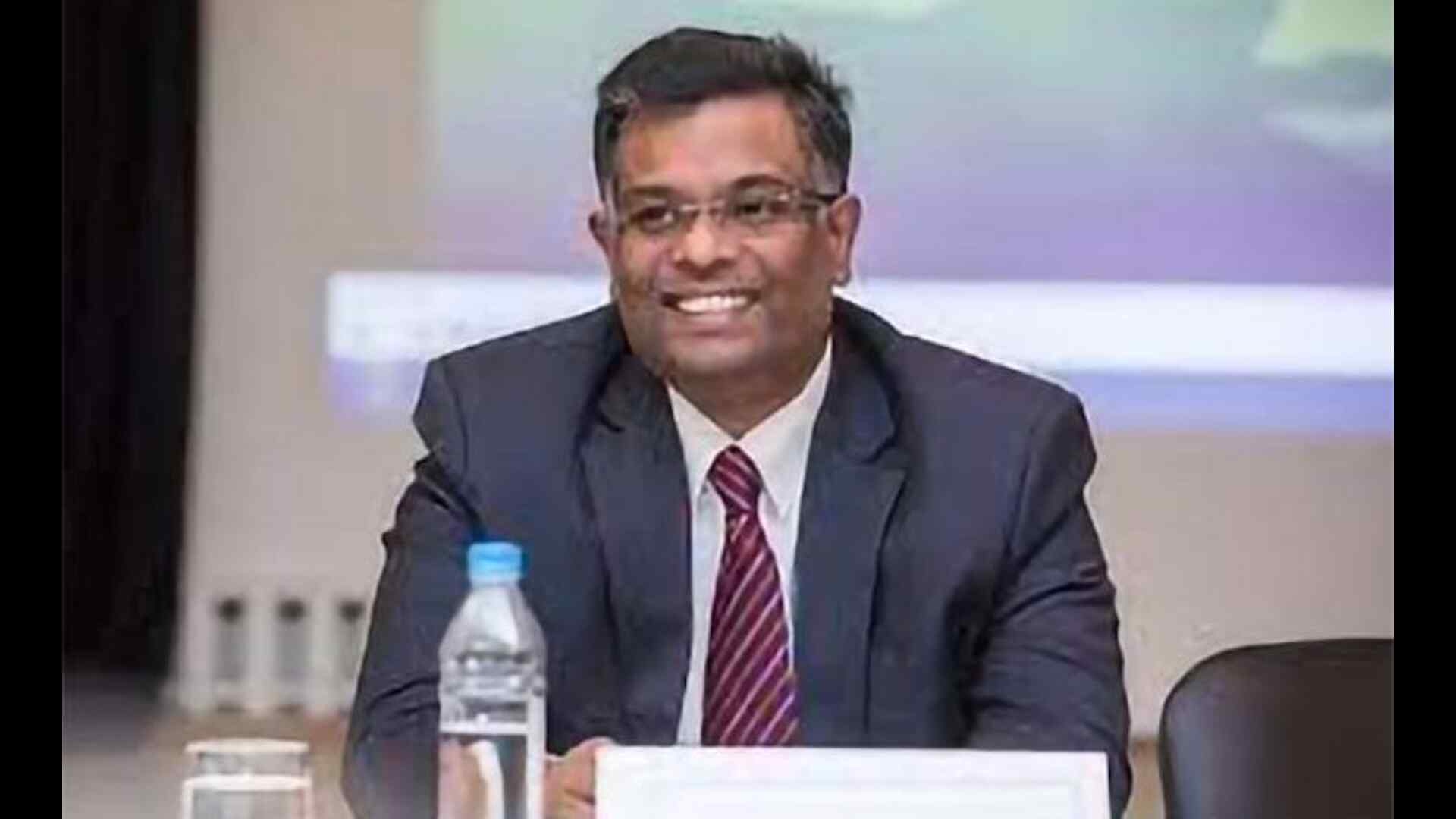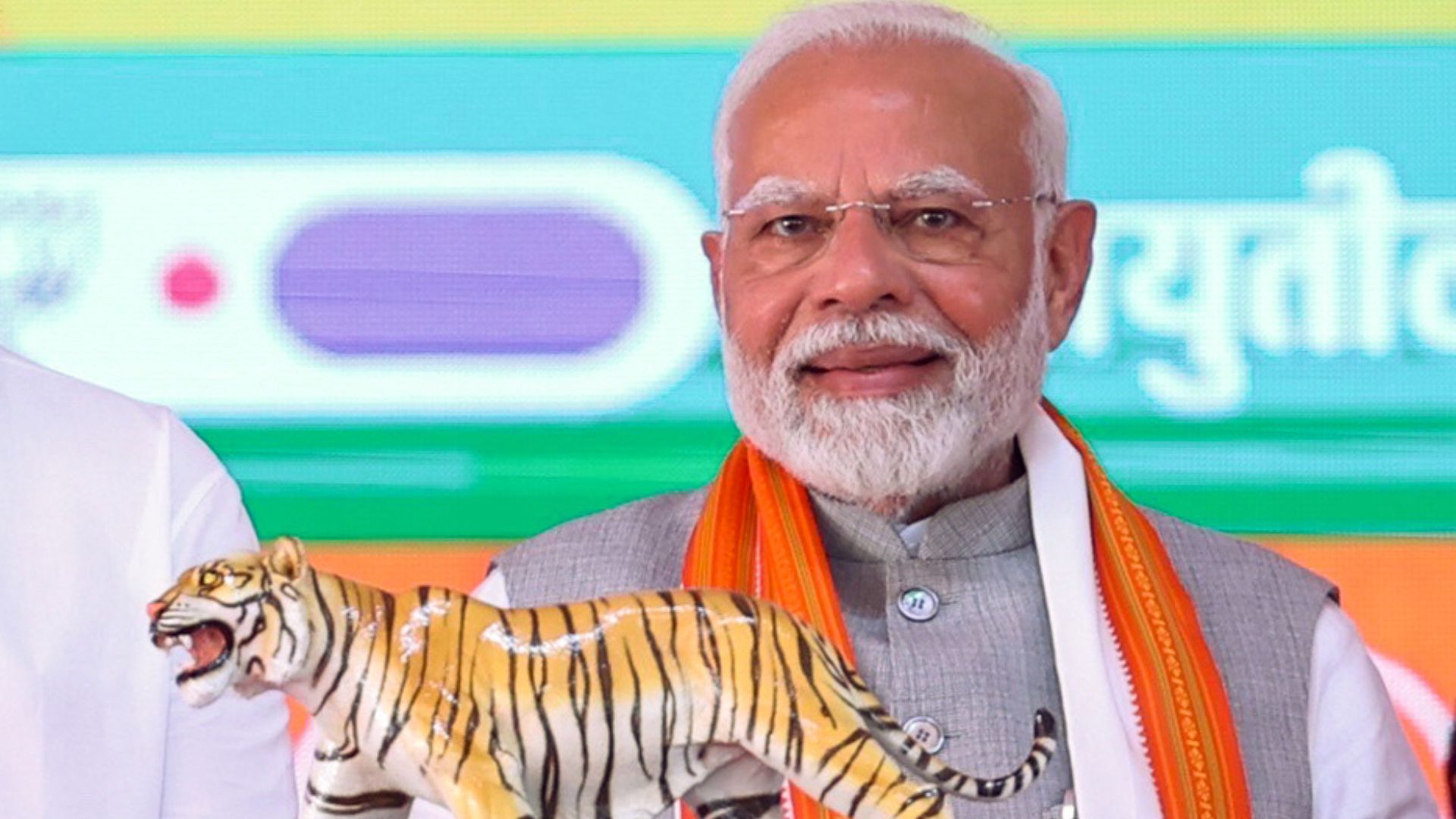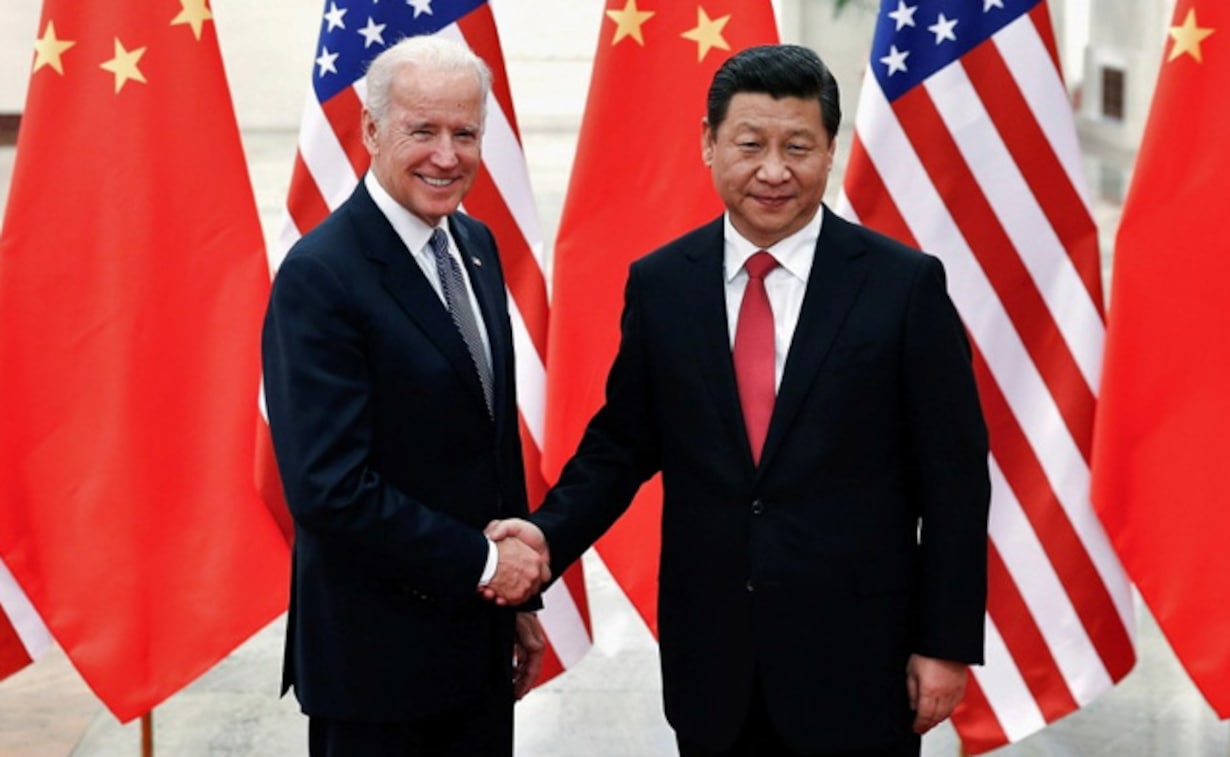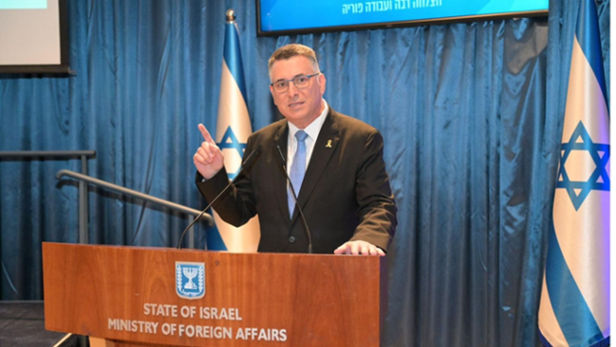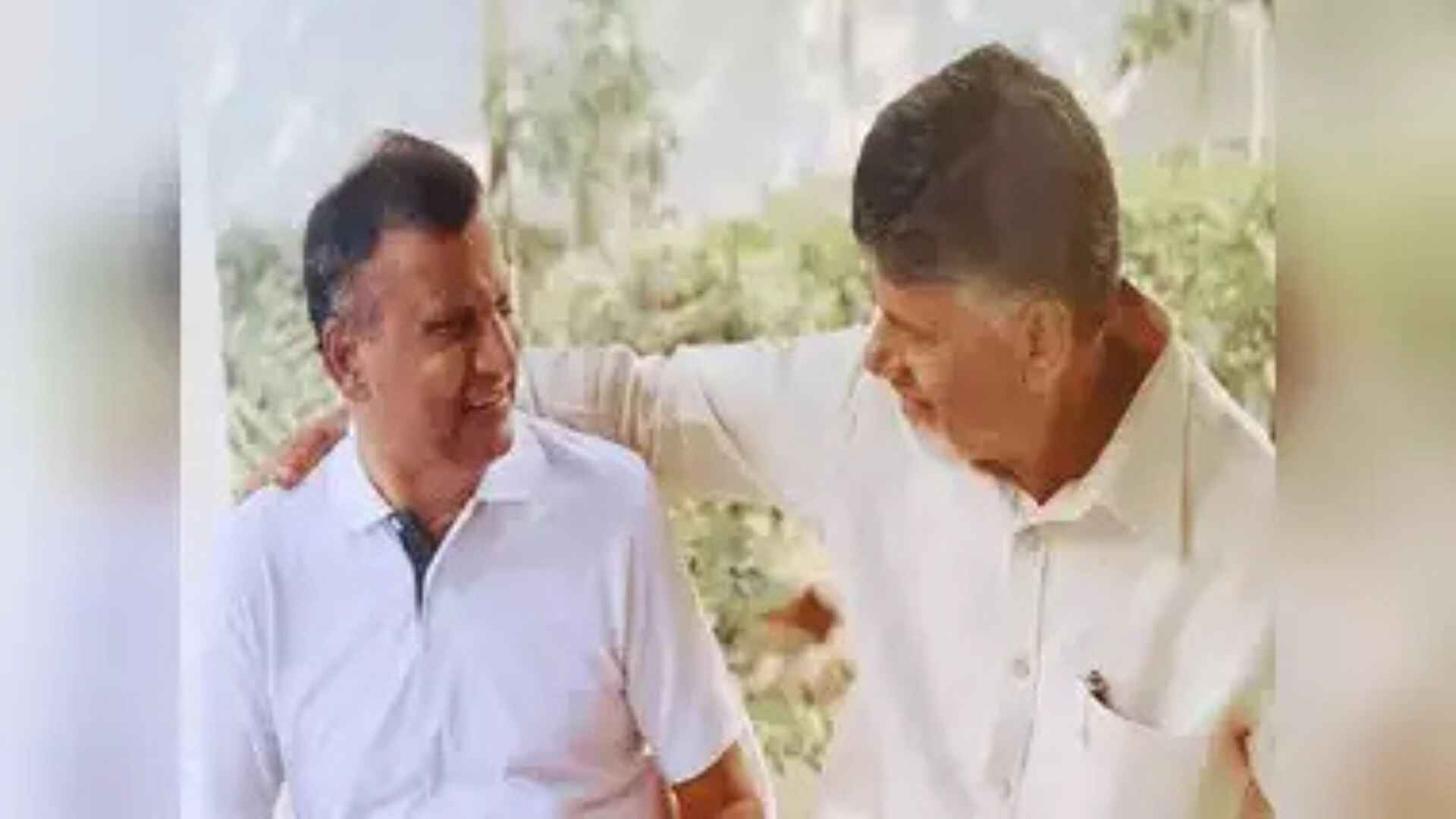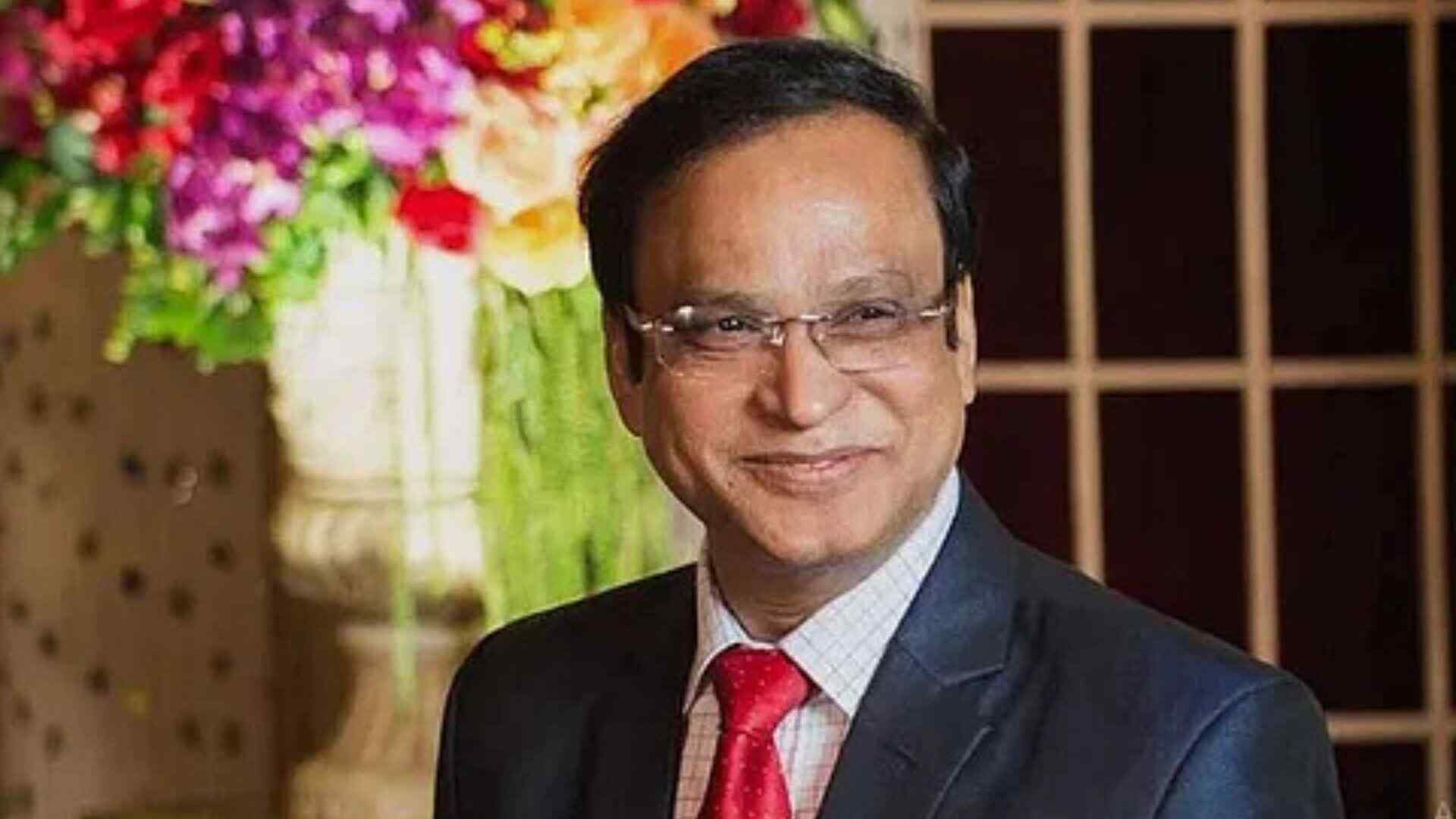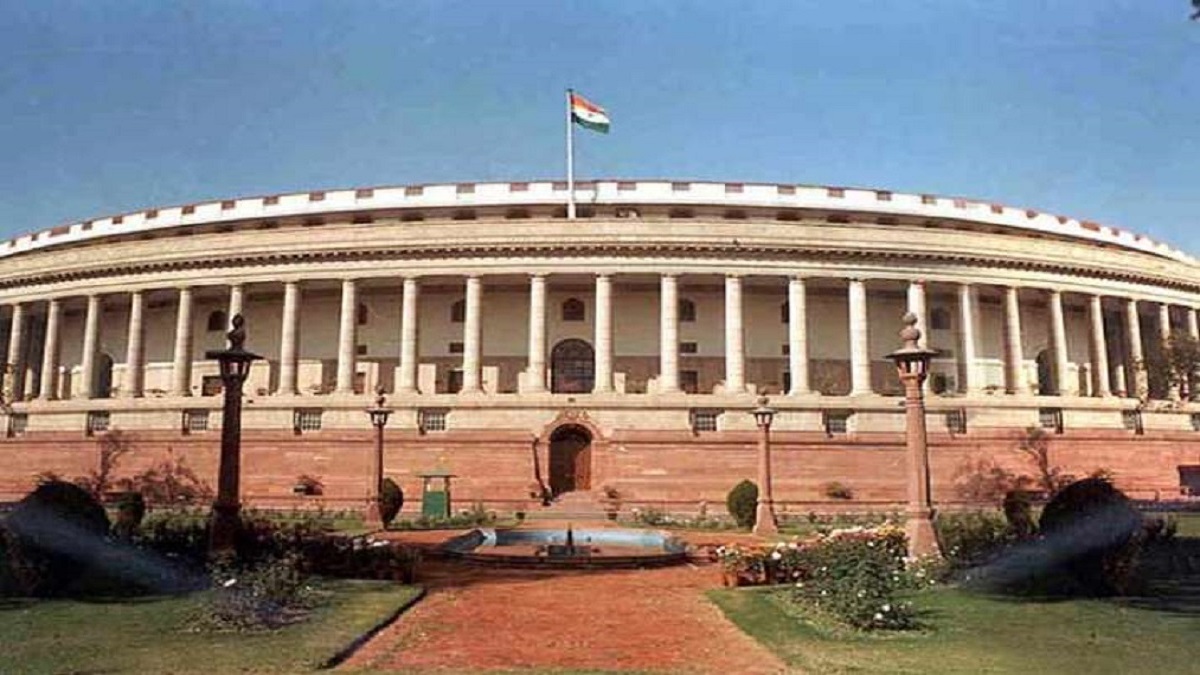
Looking at the turmoil in Parliament created by the Opposition, demanding a debate and revelation of more information on the clash between Indian and Chinese soldiers in Arunachal Pradesh’s Tawang the question that arises is: what’s there to debate about a war-like situation, in fact an actual hand-to-hand combat? Defence Minister Rajnath Singh made a statement in Parliament, telling the nation about the Tawang face-off. He said that there was no loss of life and that the situation was under control. What else could he reveal as the Opposition wants him to? The government cannot possibly be disclosing operational details in Parliament for our enemies to work out a strategy for the next aggression. As it is the media is full of reports on what could have happened at the LAC on the night of 9 December, with sources inside the military apparently eager enough to disclose a significant amount of information. It is not known how our adversary will make use of such information.
It is not that such silence by the government on matters of national security is happening for the first time. A quick scan of the internet throws up media reports from 2009 showing how the then Manmohan Singh government had decided to file an FIR against two journalists who had reported “incorrectly” that two ITBP jawans were injured in a firing by the Chinese along the LAC in September that year. The then Chief of Army Staff, Gen Deepak Kapoor clearly asked the media not to “overplay” the India-China border standoff issue. Thus, the then Congress-led UPA government was sending out the clear message that causing panic among the public was not the best way to go about securing the country. While there should be communication, but not oversharing of information when it comes to military matters.
Unless of course the whole intention of the Opposition is to shoot and scoot—hurl charges of loss of land to China and counter the government narrative of a strong country capable of defending itself—without worrying about the damages such charges cause. But then in a democracy, however vibrant and noisy, the matter of national security should be above politics. Our jawans are risking their lives in the icy Himalayas, 365 days a year, so that all of us, including our politicians, can go about our lives normally. So to question India’s ability to defend itself is to cast aspersions on their sense of duty and the sacrifices they make. The message must go out that the nation is always strong. But sadly, some of our Opposition leaders would rather see the country lose face if that means scoring brownie points against the government—Rahul Gandhi is taking the lead in this regard.
On the completion of 100 days of his Bharat Jodo Yatra, Rahul Gandhi made the most outrageous statement to the press while criticising the government’s alleged inaction on the China front. He said the government was unconcerned that the Chinese PLA was doing “pitai” of the Indian soldiers—in other words, our soldiers were being thrashed by the PLA. First of all, this statement is incorrect. Be it in Galwan or in Tawang or in the innumerable skirmishes that take place along the LAC because of Chinese aggression, Indian soldiers have prevailed because of their courage, tenacity and ability to fight the toughest battles in the most inhospitable terrains possible. In Galwan, 20 of them sacrificed their lives, while taking out more than three times the number of PLA soldiers. Even in Tawang, the Indian soldiers fought off the Chinese valiantly and left several PLA soldiers injured. Secondly, such statements are designed to demoralize both our soldiers and the rest of the citizens, thus causing panic. No one has the right to demean the sacrifices being made by Indian soldiers as they stand up to the evil designs of the PLA at 13,000 feet and higher altitude. In fact it was appalling how flippant Rahul Gandhi appeared while branding the Indian soldiers as weak. The erstwhile Congress president would have the world believe that his party loses almost every election that it contests because India is no longer a democracy and everyone is compromised—from the Election Commission to the media. When the truth is that every time he opens his mouth, Rahul Gandhi utters such “gems” that it gets difficult for voters to take him seriously. And it is because he comes across as non-serious that even after decades of his being in politics, voters do not see him as someone capable of running a vast and complex country like India. If he does not inspire confidence, he has done it to himself—given his opponents the opportunity to portray him in a negative light.
A chaotic Parliament, where the Opposition creates a ruckus at every opportunity is not the best advertisement for democracy. While debates and discussions are a must in Parliament, but these have to be constructive and should not descend into pandemonium. Most importantly, there has to be unity when facing up to threats posed by an external enemy. As else an enemy like China will exploit the fault lines of Indian democracy to push its own agenda.
